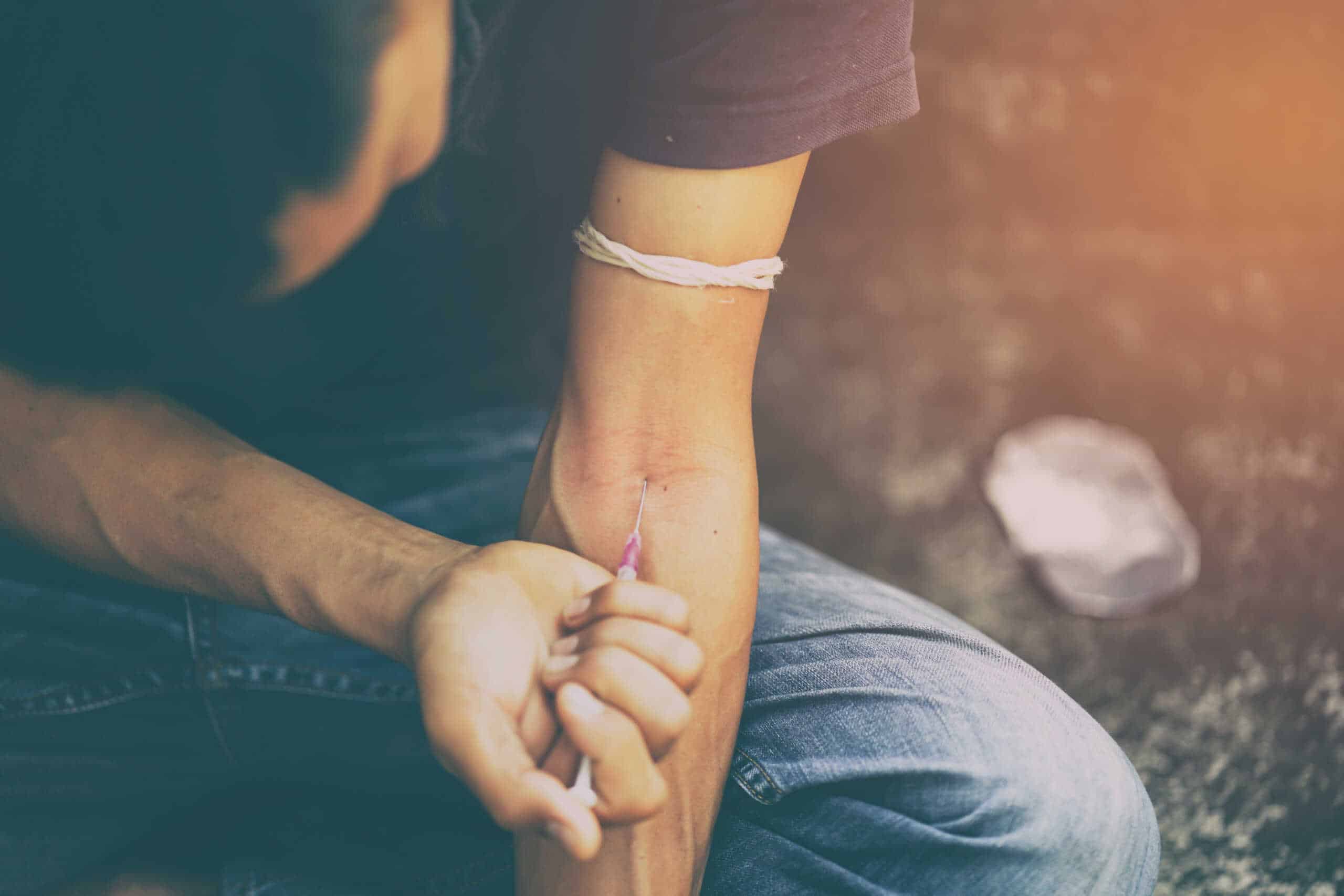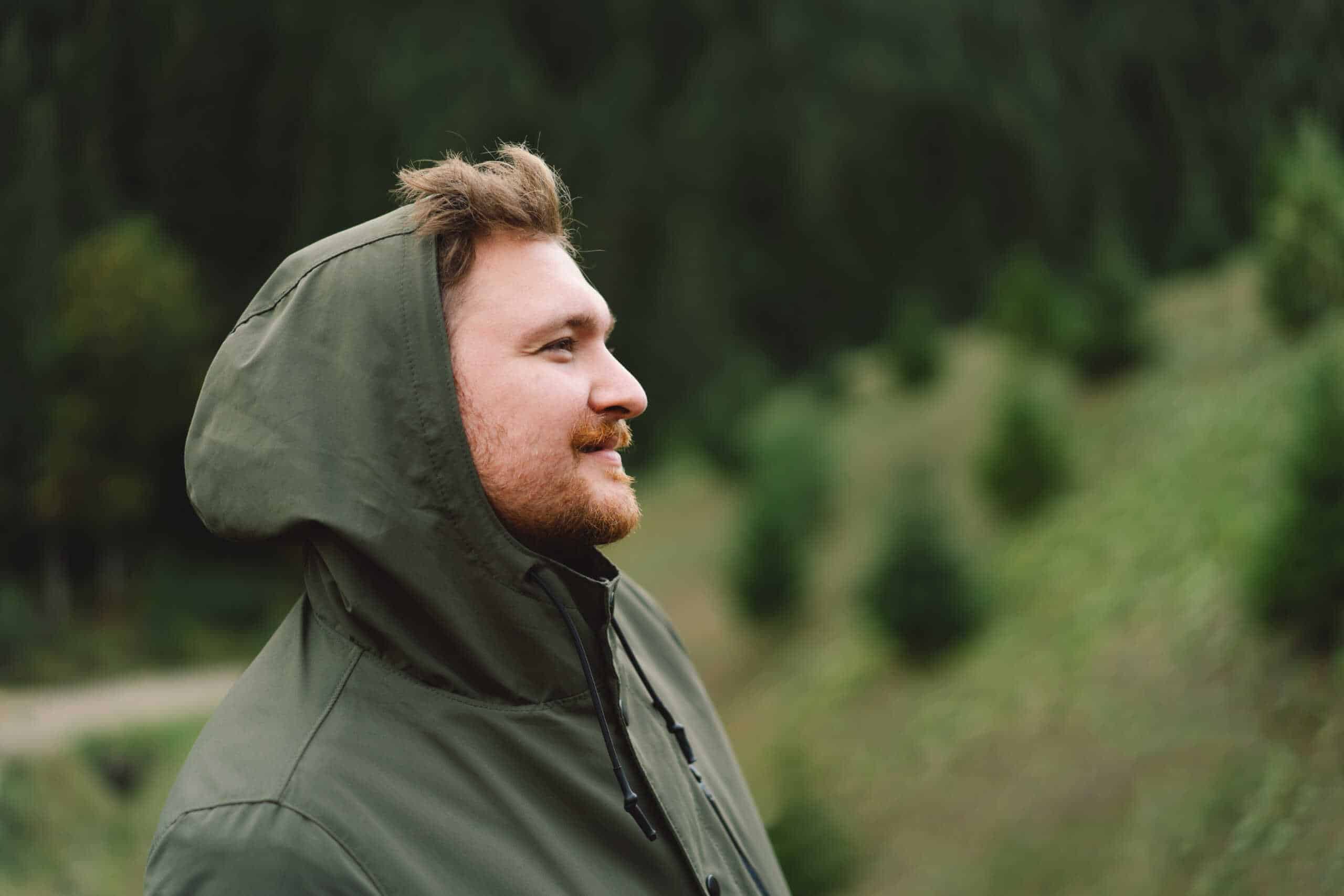Co-Occurring Disorders
Coping With Anxiety & Heroin Addiction
Anxiety and addiction frequently go hand-in-hand. It is not uncommon for individuals who are struggling with untreated anxiety disorders to turn to chemical substances as a means of self-medication. According to the Anxiety and Depression Association of America, roughly 20 percent of all individuals who struggle with substance abuse simultaneously struggle with anxiety. On the flip side, roughly 20 percent of all individuals who struggle with anxiety turn to chemical substances to alleviate their symptoms, developing a physical and psychological dependence over time. If you have been struggling with addiction and anxiety, you are not alone. In fact, there are millions of others just like you — men and women who are in need of dual diagnosis treatment options.
At Princeton Detox and Recovery Center we offer dual diagnosis treatment options for individuals who have been simultaneously struggling with addiction and anxiety. Our medically monitored detox program focuses on a safe and pain-free withdrawal and provides clients with access to comprehensive addiction treatment services. To learn more about our program contact us today.
Heroin Abuse & Addiction
Heroin abuse and addiction have completely ravaged the country over the course of the past several years. According to the National Institute on Drug Abuse (NIDA), rates of heroin abuse have been on the rise throughout the U.S. since 2007. The National Survey on Drug Use and Health determined that there were roughly 948,000 past-year heroin users, and that heroin abuse is highest among young adults between the ages of 18 and 25. While heroin addiction has deeply affected communities from coast to coast, several areas of the country have been particularly hard hit. New Jersey is undeniably one of these regions. NIDA also reports that of the 2,900 overdose deaths that were recorded in New Jersey in the year 2018, 90 percent were directly attributed to opioid narcotics (2,583 deaths).
Rates of painkiller prescriptions in New Jersey are slightly lower than the national average. However, rates of overdose death attributed to fentanyl (a synthetic opioid that is between 80 and 100 times more powerful than morphine) are higher in New Jersey than in the remainder of the country. Many heroin dealers incorporate fentanyl into their product in order to increase its street value and potency; unfortunately, taking even slightly more fentanyl than intended can easily lead to overdose. Fentanyl overdose has become a major statewide issue over the course of the past several years.
At Princeton Detox and Recovery Center we believe that recovery is always possible with the right tools in place, and we believe that every journey of long-term heroin addiction recovery begins with a short-term stay in a medical detox facility. If you or someone you love has been struggling with heroin abuse or addiction, there is help available. Contact us today.
We Are Here For You
Let Us Help You Heal
Our Heroin detoxification experience is second to none.
Learn how we can help by speaking with one of our Treatment Advisors today.
Anxiety Disorders
Anxiety disorders are the most common mental health concern throughout the country. The Anxiety and Depression Association of America reports that roughly 40 million American are currently struggling with an anxiety disorder of some type or severity. While most anxiety disorders can be easily treated with a combination of medication and intensive therapy, only 36.9 percent of individuals struggling with addiction seek professional care. Unfortunately, the majority of people who struggle with untreated anxiety disorders take matters into their own hands, attempting to self-medicate their symptoms with chemical substances, including heroin.
Types of Anxiety Disorders
(Information provided by the Anxiety & Depression Association of America Fact Sheet)
Generalized Anxiety Disorder – GAD affects 6.8 million men and women on an annual basis, though less than half of the people suffering from GAD end up seeking any kind of professional treatment. This commonly diagnosed anxiety disorder is characterized by chronic feelings of worry and nervousness. These feelings are rarely instigated by anything specific, and the symptoms of GAD often interfere with a person’s ability to function in day to day life. GAD very frequently co-occurs with depressive disorders like major depressive disorder.
Panic Disorder – Panic disorder affects 6 million American adults on an annual basis, and is characterized by uncontrollable and unpredictable panic attacks. Panic attacks lead to a range of symptoms including shortness of breath, uncontrollable shaking, nausea and increased heart rate. Panic disorder often requires medication (usually benzodiazepines) coupled with intensive individual therapy.
Specific Phobias – Specific phobias affect 19 million American adults, and women are nearly twice as likely to be affected than men. The onset of symptoms commonly begin during childhood and last into adulthood if left untreated. Many people who struggle with a specific phobia also struggle with PTSD or OCD.
Social Anxiety Disorder – Social anxiety affects 15 million adults across the country every single year. This specific anxiety disorder is very likely to go hand-in-hand with substance abuse. Many people who struggle with social anxiety turn to central nervous system depressants in order to alleviate symptoms.
Post-Traumatic Stress Disorder – Unresolved trauma and addiction are often correlated. PTSD is an anxiety disorder that affects 7.7 million adults on an annual basis, and one that, when left untreated, often leads to substance abuse and dependence.
Ready To Begin Your Detox?
Don’t let addiction control your life.
Call us today and let’s get you started on the path to a better you.
Heroin or Anxiety: Which Came First?
It can be somewhat difficult to pinpoint which came first: the heroin abuse disorder or the anxiety disorder? Many individuals self-medicate their anxiety. Heroin withdrawal, however exacerbates anxiety. Thus the two conditions together are a vicious cycle. Chronic drug use changes the chemistry of the brain over time, and someone who never previously struggled with anxiety might begin experiencing symptoms. If symptoms associated with heroin withdrawal are particularly severe, medication assisted treatment might be required. At Princeton Detox and Recovery Center we combine evidence-based detoxification methods and around-the-clock medical care with intensive behavioral therapy and holistic treatment options.
Begin Your Recovery Journey Today
According to the National Institute on Drug Abuse, roughly 43.4 million American adults suffered from some degree of mental illness in the year 2015. Of these, roughly 8.1 million suffered from a dual diagnosis disorder — a mental illness and an addiction. Regardless of which developed first, anyone struggling with a dual diagnosis disorder must seek professional help in a designated facility. At Princeton Detox and Recovery Center, we specialize in treating individuals who suffer from dual diagnosis disorders like anxiety and addiction. Dual diagnosis treatment should begin during the initial phase of the recovery process — medically monitored detox. To learn more about our heroin detox, contact us today.

Reviewed for accuracy by:
Amanda Hilzer M.Ed, CAADC, IADAC, ICCS, LCADC, CCS
Amanda graduated from Lehigh University with both an undergraduate degree in Psychology and a Master’s of Education degree in Counseling Psychology and has worked in the field of substance use disorder treatment and mental health treatment as a counselor and as a clinical manager for over 14 years.


































